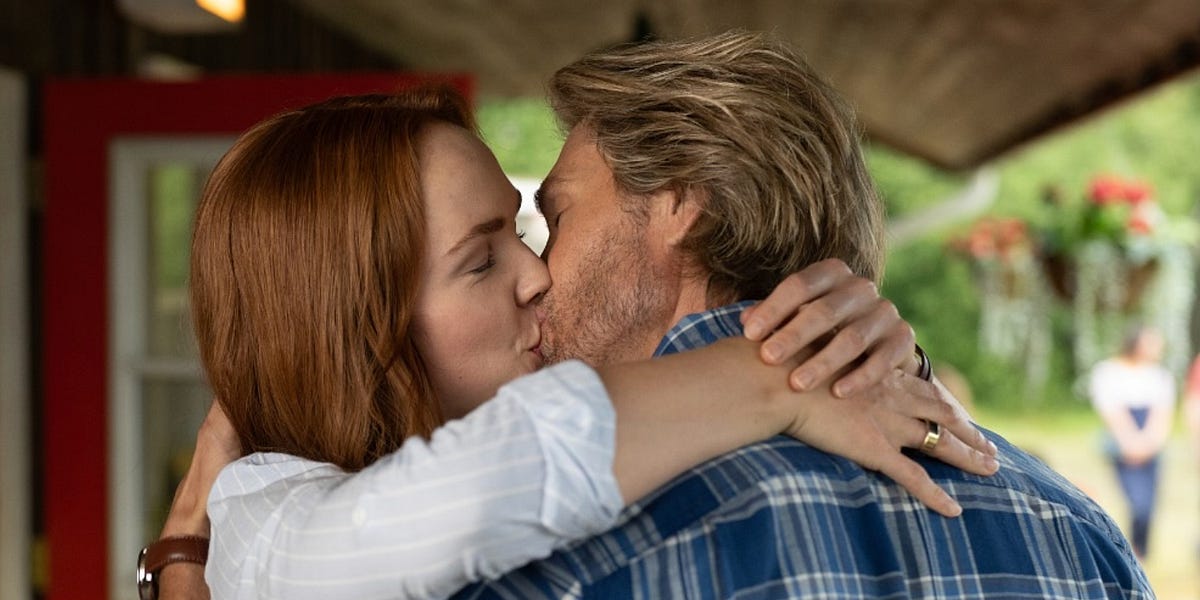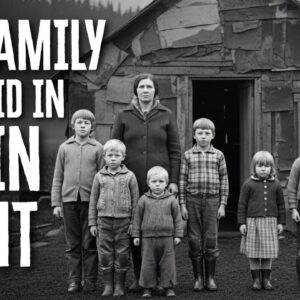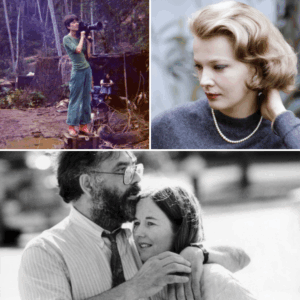Nestled in the tranquil wilderness of Timberlake, Nova Scotia, Sullivan’s Crossing Season 3 continues to captivate with its blend of heartfelt drama and scenic beauty. Available on Netflix since August 11, 2025, after wrapping its CW run with a finale on July 16, this installment of Robyn Carr’s adapted series explores renewal in unexpected forms. Central to this theme is Harry “Sully” Sullivan (Scott Patterson), the gruff yet endearing patriarch whose life takes an intriguing turn with the arrival of Helen Culver (Kate Vernon). As Sully navigates a budding romance that challenges his long-held routines, the season hints at profound personal growth without fully charting the course ahead, leaving viewers to wonder about the roads not yet traveled.

Sully has always been the steadfast guardian of Sullivan’s Crossing, the family campground that serves as the show’s beating heart. Having survived the harrowing diner fire from Season 2’s cliffhanger, he enters Season 3 with a renewed sense of purpose, albeit tinged with the weight of past regrets. His estranged relationship with daughter Maggie (Morgan Kohan) lingers in the background, a thread of reconciliation that weaves through his daily life. But it’s the introduction of Helen Culver that truly shakes up his world. Helen, a successful romance novelist seeking solitude to work on her latest project, arrives at the Crossing with high expectations—only to find her reservation botched by Sully himself. Assigned to a less-than-ideal cabin, complete with creaky floors and outdated amenities, Helen’s initial frustration sets the stage for a classic meet-cute turned slow-burn romance.
From their first prickly exchanges, the chemistry between Sully and Helen crackles with authenticity. Sully, portrayed by Patterson with a mix of rugged charm and hidden vulnerability, apologizes for the mix-up but stands his ground on the campground’s rustic appeal. Helen, brought to life by Vernon’s poised elegance, counters with witty barbs about her need for inspiration in a place that feels worlds away from her polished city life. As episodes progress, their interactions evolve from reluctant neighbors to genuine confidants. Sully shares stories of his past—losses that have kept him anchored to Timberlake—while Helen opens up about her own creative blocks and the loneliness of her nomadic career. A shared walk through the Nova Scotian woods, perhaps under a canopy of autumn leaves, becomes a turning point, where Sully’s practical wisdom complements Helen’s imaginative spirit.
The romance isn’t without its hurdles. Sully’s deep-rooted fear of change, stemming from years of solitude and responsibility, creates moments of hesitation. Helen, too, guards her heart, wary of entanglements that could disrupt her independent life. Yet, the season delicately builds their connection through small gestures: Sully fixing up Helen’s cabin with personal touches, or Helen drawing Sully into her world by reading excerpts from her novels. These scenes, filmed against the breathtaking backdrop of misty lakes and towering pines, highlight the show’s strength in portraying mature love as a quiet revolution. Patterson and Vernon deliver performances that feel lived-in, their on-screen rapport suggesting depths unexplored—will Sully embrace this new chapter, or will old habits pull him back?
Helen’s influence extends beyond romance; she subtly encourages Sully to mend fences with Maggie, offering insights that prompt heartfelt father-daughter conversations. This subplot adds emotional layers, as Sully contemplates life beyond the Crossing’s familiar boundaries. Whispers of adventure arise when Helen mentions an upcoming opportunity related to her work—a potential trip that could whisk them away to far-off places like Ireland, where her stories might come to life on screen. But the narrative holds back, teasing possibilities without commitment. Does Sully pack his bags for a grand escapade, or does duty call him home? The ambiguity keeps the tension alive, mirroring real-life uncertainties.
Of course, Sully’s storyline doesn’t unfold in a vacuum. It intersects with other threads that enrich the season’s tapestry. Maggie and Cal Jones (Chad Michael Murray) grapple with their passionate relationship, tested by a resurfaced letter from Maggie’s past that stirs doubts about commitment. Their arc, filled with stolen moments and heated debates, contrasts Sully’s quieter romance, underscoring generational differences in love. Meanwhile, Edna Cranebear (Andrea Menard) faces a harrowing health scare—a brain tumor threatening her vision—forcing the community to rally in ways that highlight resilience. Her decision to undergo surgery, performed by Maggie, adds suspense, leaving outcomes partially veiled and tying into themes of mortality that echo Sully’s reflections on legacy.
Environmental pressures also simmer in the background, with developer Glenn Perry (Dean Armstrong) eyeing the land for a resort that could upend Timberlake’s peace. Maggie’s investigation into related poisonings brings urgency, lightly brushing against Sully’s protective instincts over the Crossing. Younger characters like Jacob (Joel Oulette) and Lola (Amalia Williamson) explore budding connections, while Sydney (Lindura) and Rafe (Dakota Taylor) navigate commitment issues, providing lighter counterpoints. Rob Shandon’s (Reid Price) diner rebuild fosters community spirit, subtly influencing Sully’s openness to change.

The season’s deliberate pacing allows Sully’s evolution to breathe, with cinematography capturing the intimate scale of his journey—close-ups on weathered hands clasping a novel, or wide shots of the couple against vast horizons. The folk-tinged soundtrack enhances the melancholy and hope, making each episode a meditative escape.
As Sullivan’s Crossing Season 3 nears its end, Sully’s romance with Helen stands as a beacon of second chances, poised on the brink of transformation. It invites speculation: Will this connection redefine his future, or remain a fleeting interlude? With Season 4 greenlit by CTV in June 2025, the answers loom on the horizon, much like the distant shores Helen dreams of. In Timberlake, change comes like the tide—inevitable, yet full of mystery.


